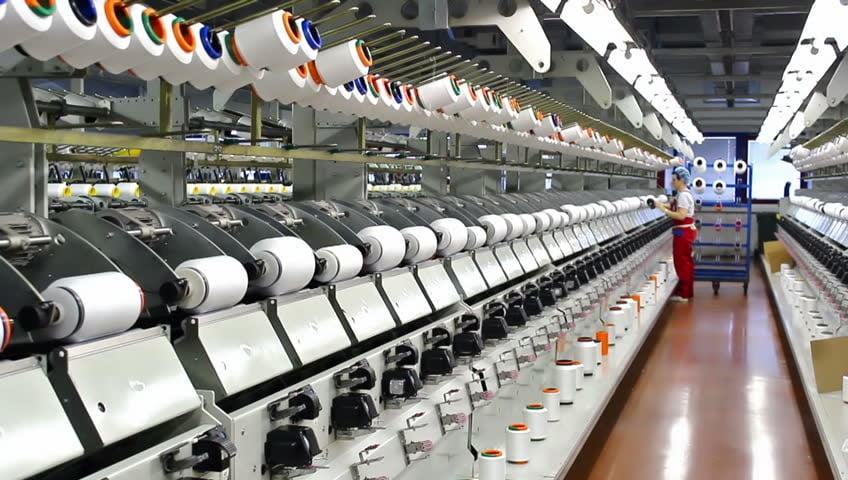APTMA appreciates positive steps of PTI government
2 min read
KARACHI: All Pakistan Textile Mills Association (APTMA) places on record its appreciation for all positive steps government has under taken to combat the extremely negative impact COVID-19 is having on Pakistan’s economy.
Given that the great majority of export orders have either been deferred or cancelled the entire textile sector is in crisis. Europe and the USA are closed for business. The crisis is further compounded by the fact that industry had entered into contracts for importing cotton, the values of which has fallen from around 80 cents/lb to 50 cents/lb as of today.
Given this grave situation, the government’s steps of deferring loan repayments and speeding up of refunds will fall far short of keeping the industry afloat. This will result in a lot of concerns/companies going bankrupt. The impact on unemployment can only be shielded by the industry for a month or two beyond which will there will be no capacity to retain workers.
Further immediate actions to keep the industry afloat and retain jobs, the government needs to
1. Extend the Debt repayment moratorium to cover interest as well as working capital lines of credit.
2. Reduce the rate of interest for industry to 5%
3. Suspend implementation of 1.5% turnover tax. This is a presumptive tax on profits and as there are no profits possible under the current circumstance it should be suspended/held in abeyance.
4. Zero rating for the sector must be restored. Given the record of FBR and the design of the Sales tax system at least 3 months sales tax gets stuck in the pipeline before it is refunded. As the refund is only reclaimable after exports and exports are not happening, collection of sales tax will only hasten bankruptcies, and usher in a very serious depression. We strongly urge the government to suspend the sales tax regime till normalcy returns.
5. Renegotiate the LNG contracts on favorable terms to reduce the cost of gas in times to come.
6. Get NEPRA to re-determine the tariffs of IPP’s to reflect the actual rates of return thereby reducing circular debt and power tariffs for all the country.

